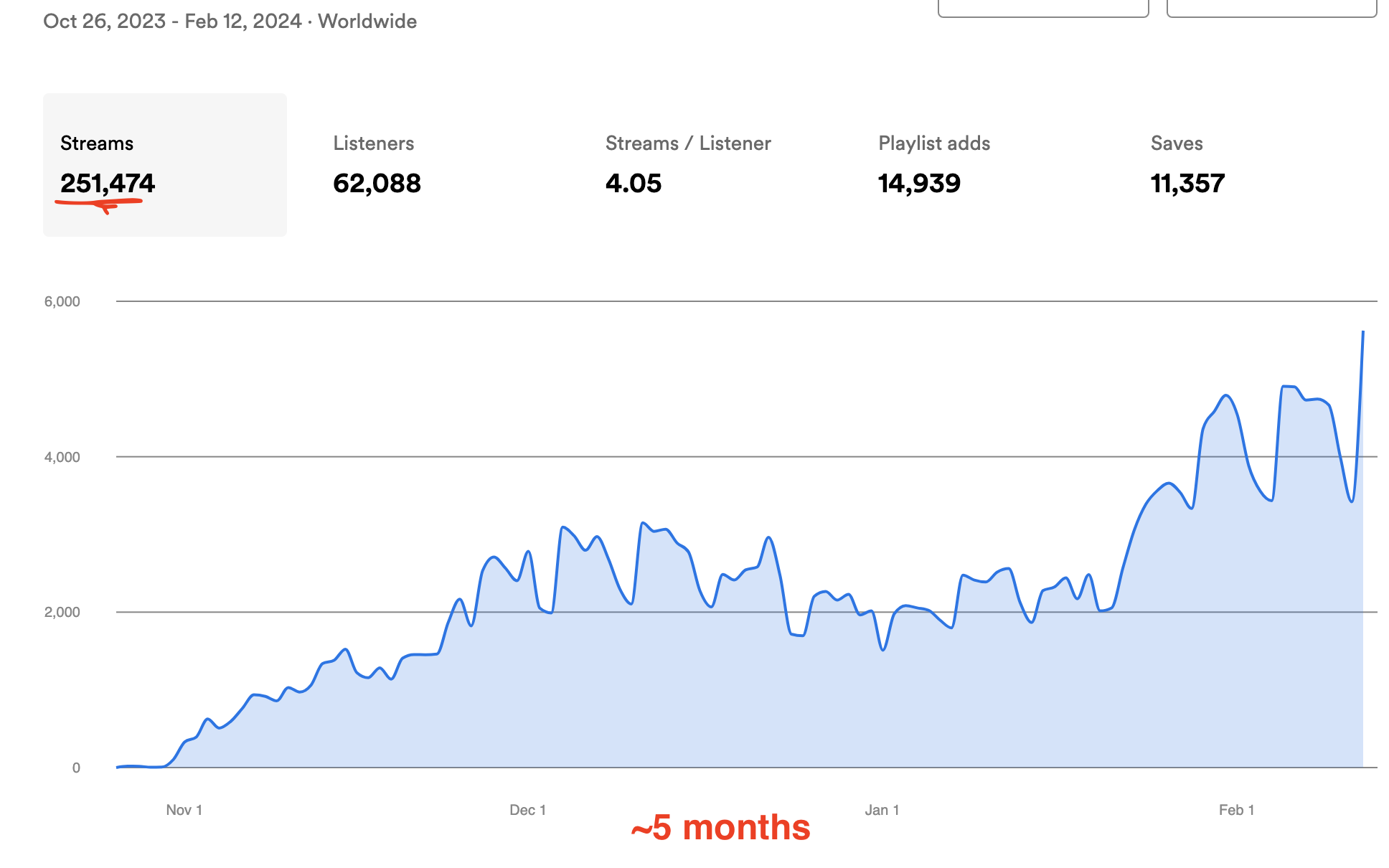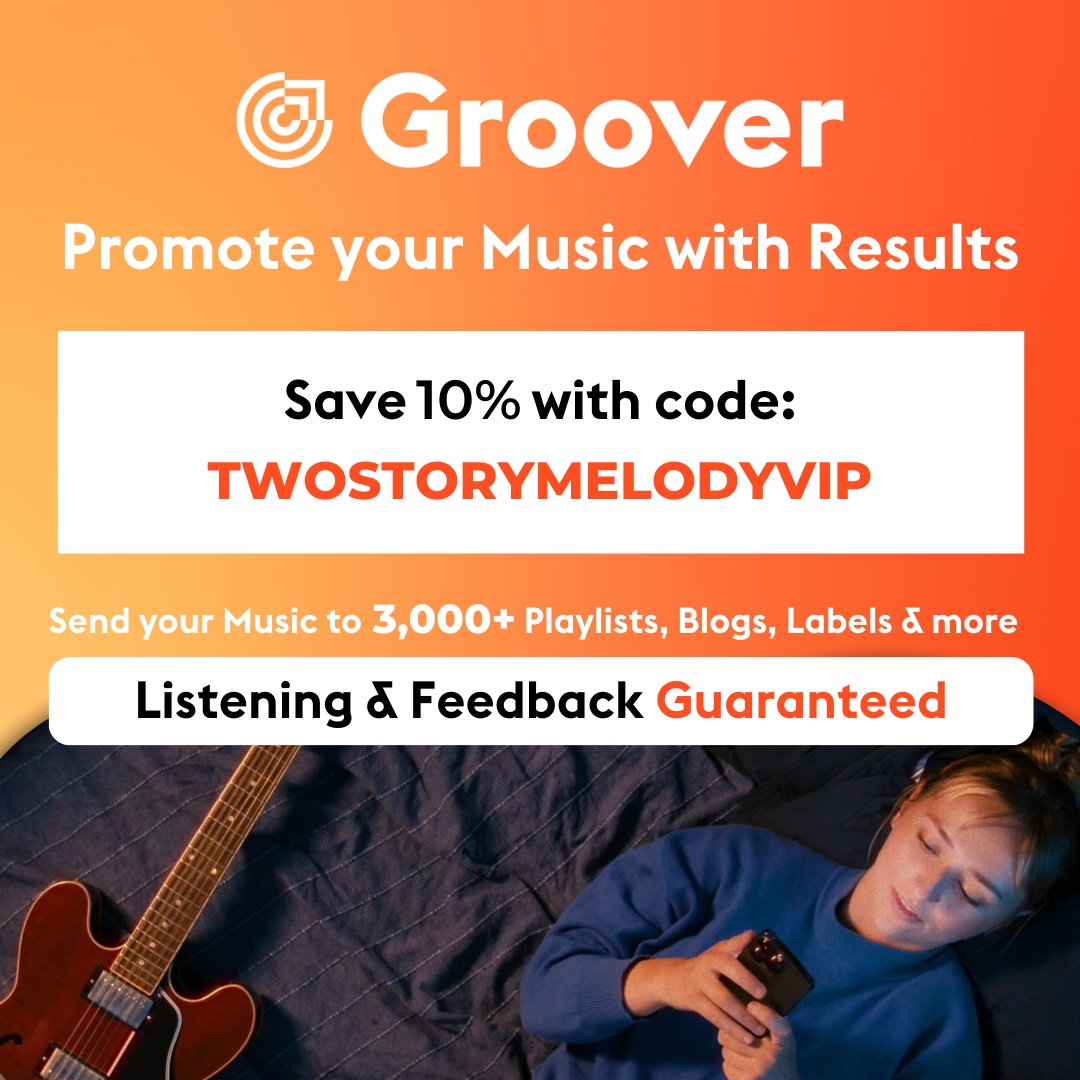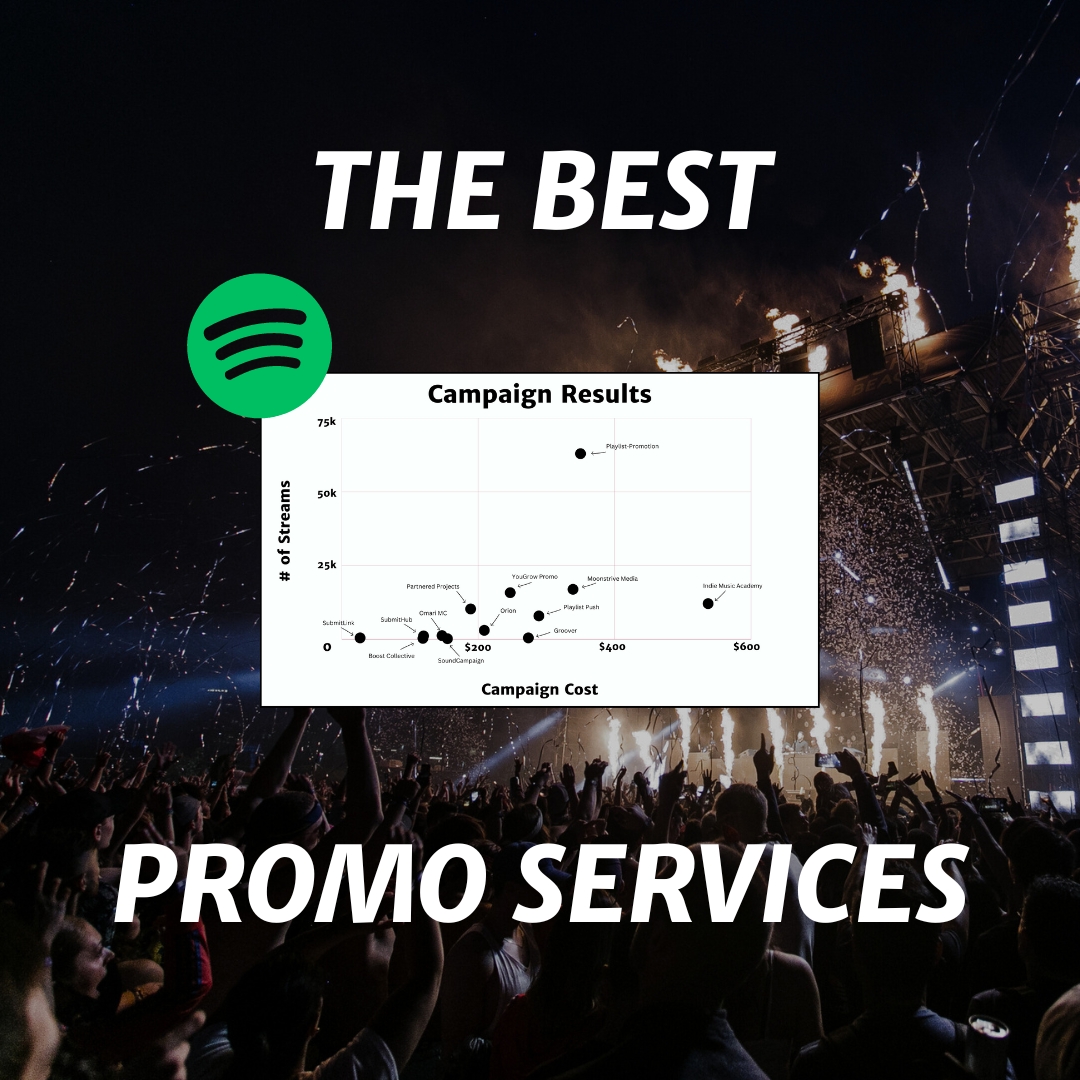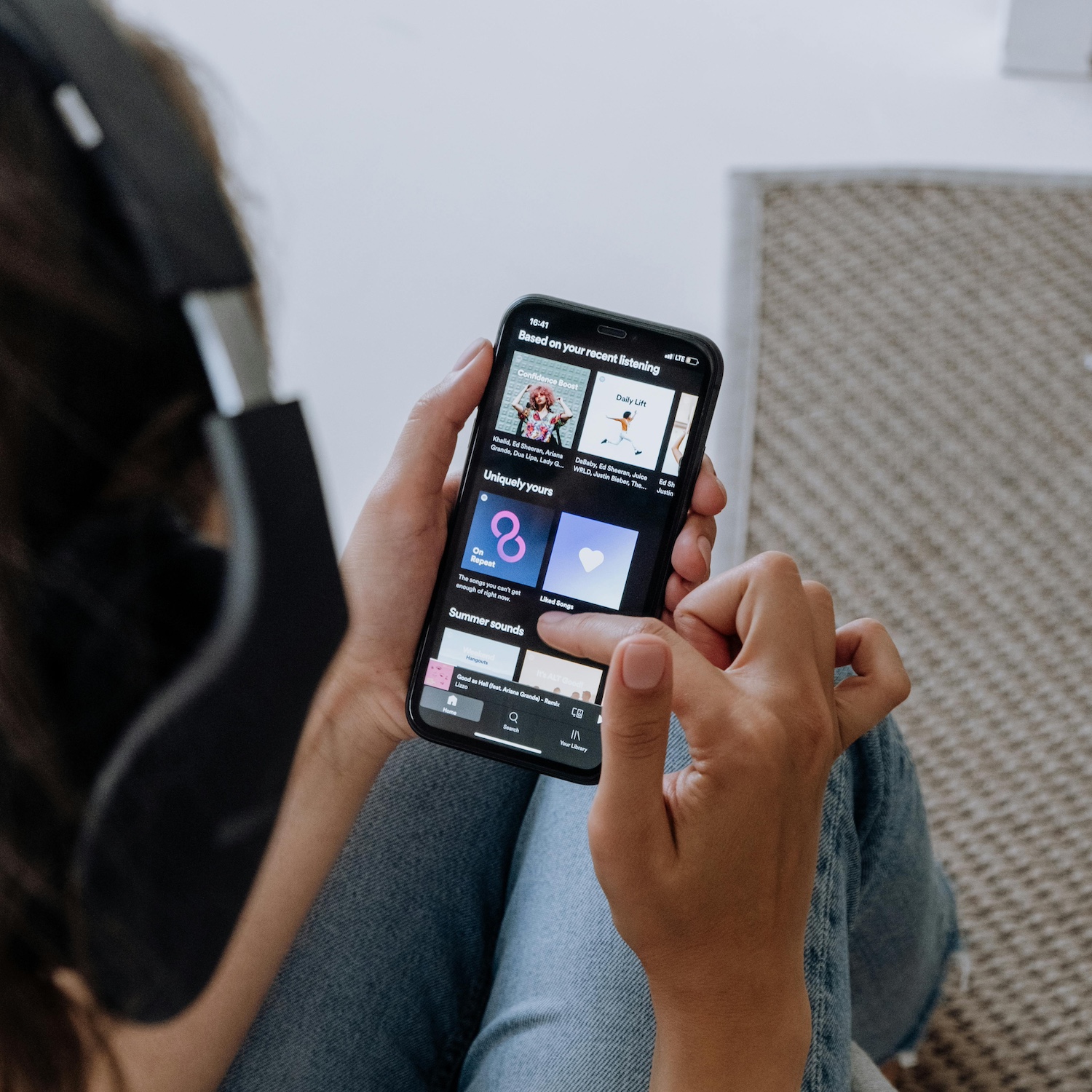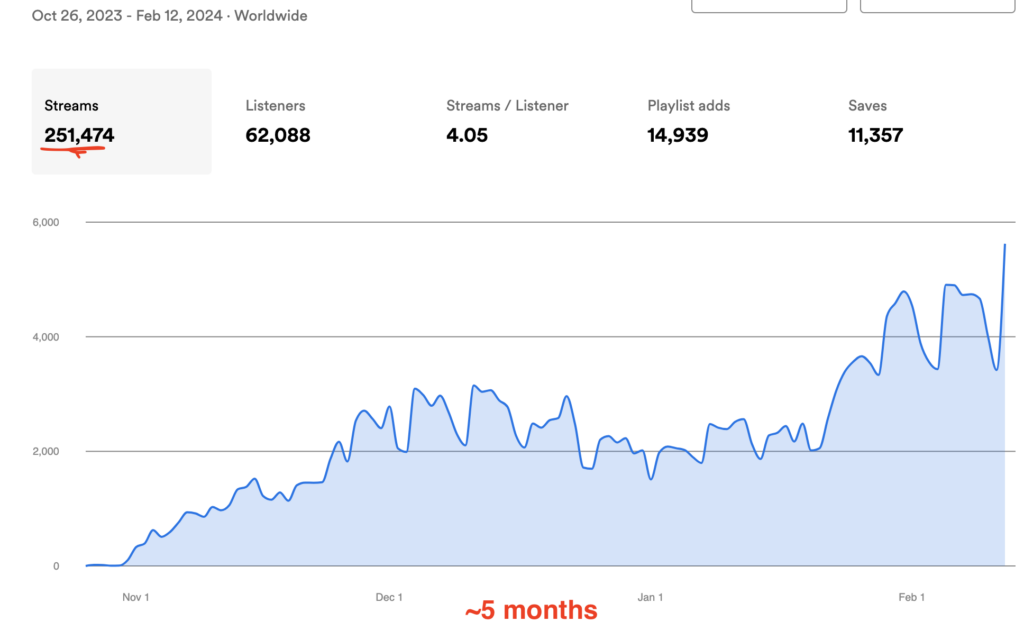Networking.
If I’m honest, the word makes me throw up in my mouth a little bit. It brings to mind chatty business bros, happy-hour events where the only socially acceptable topic of conversation is sales revenue, and, for some reason I can’t quite pin, lululemon.
As you may guess, I don’t love networking as a concept. But I also can’t shake this line from Hit Makers: “If you want to be a pop star, you need to have a pop star’s top five.”
Translation: You need connections.
I’ve been hit over the head the past couple of weeks with different versions of this truth, so I figured I’d take this post to unpack some of my own thinking and pass it on to you.
Let’s talk about how to use other people’s skills and connections in a self-serving way that diminishes their personhood while allowing you to get what you want.
Let’s talk about networking.
(Yeah, that second-to-last sentence was sarcasm. Mostly.)
To start, I want to clarify that I am very much pro-connection.
In fact, I think the only way you can possibly get what you want in life is by working with other people. Put aside the broad philosophical implications of that statement and home in on your work as a musician:
- Do you make music with other musicians?
- Do you use an instrument another person made?
- Do you publish your music using services designed by other people?
- Would you like other people to hear your music?
If you can’t answer yes to any of those questions, then you are a monk performing plainsong in isolation. You should close this post and return to your admirable way of life.
If you can answer yes to one of those questions, then you get my point.
Connections are par for the course of human life. Where networking changes things is at the level of primary intent. It’s the development and use of connections to get what you want.
It’s perhaps morally suspect. It’s certainly very effective.
A little while ago, I wrote about two kids I knew in high school – both rappers, both moderately talented, both whole-heartedly committed to the pushy grind of music promotion. One of them hustled hard and went on to play a bunch of basement shows in our hometown before burning out. The other moved to LA and became a world-famous producer who’s made Drake’s last couple albums.
The difference was not talent. (Trust me.) The difference was that the second kid (Gordo) made connections with the right people. He’s proof that the people at the top of nearly any field come up through connections.
Again: If you want to be a pop star, you need a pop star’s circle.
Micronetworking
The challenge, of course, is that most people find the idea of creating a pop star’s circle about as far out of reach as the idea of becoming a pop star itself. So the trick is to set your sights smaller and break things down into bits – to take an approach Ariel Hyatt calls “micronetworking.”
The way this works is that you identify a specific goal you’d like to achieve (i.e., get one million streams on Spotify, or work with a certain producer, or play at a certain venue). Then, you identify the handful people who could help you to achieve that goal.
And then you set out to make connections with them.
The tactical approach to making connections can vary; it might mean attending a conference, or sending a few DMs, or searching for an email address or a phone number. But the principle is always the same – you find the right people and you figure out how to talk to them.
This sort of network-focused approach has been used by nearly everyone I know that I’d qualify as “successful” in the music industry. My friend Todd McCarty, for example, told me that he can trace virtually every success he’s had back to a phone call (and he’s had a lot of massive successes). Other label folks I’ve talked to have said similar things.
It’s pretty clear that the music industry, at the biggest scale, still runs via one-to-one connections.
Interestingly, most indie artists work the other way round.
They put almost all of their marketing efforts toward broadcast messaging, trying to reach a ton of people at once.
What’s the takeaway from all of this?
It’s pretty obvious, really: Stop spending money on playlists and social ads. You need to become friends with Harry Styles, Justin Bieber, or Taylor Swift if you want to make anything of your life. Now get out there and start spamming famous people’s DMs.
Kidding, obviously.
In seriousness, I have three final thoughts.
The first is that networking is undeniably effective, and it would probably behoove your music career to start doing it intentionally.
The second is that you’ll have better networking results with more focused targets. In other words, don’t set your sights on Taylor Swift; set your sights on a specific goal, then look for people in adjacent social circles.
The third is that, even though the above statements are true, I still don’t think networking is necessarily “a good thing.”
Because even if both participants in a relationship share the awareness that their connection is a means to an end, and even if there are ancillary positive outcomes from their relationship (like friendship), I still think that networking comes at relationship from a strange angle.
Networking is a bit like visiting the Grand Canyon to get good pictures for your Instagram account; you’ll probably accomplish the mission, but you might miss the point.
To sum it all up: If you only ever run pure, upstanding, honest mass marketing campaigns in the hope that the world will suddenly recognize your creative genius all at once, well, I can appreciate where you’re coming from.
But you probably won’t get to where you’d like to go – even if that truth does make both of us feel a little queasy.


